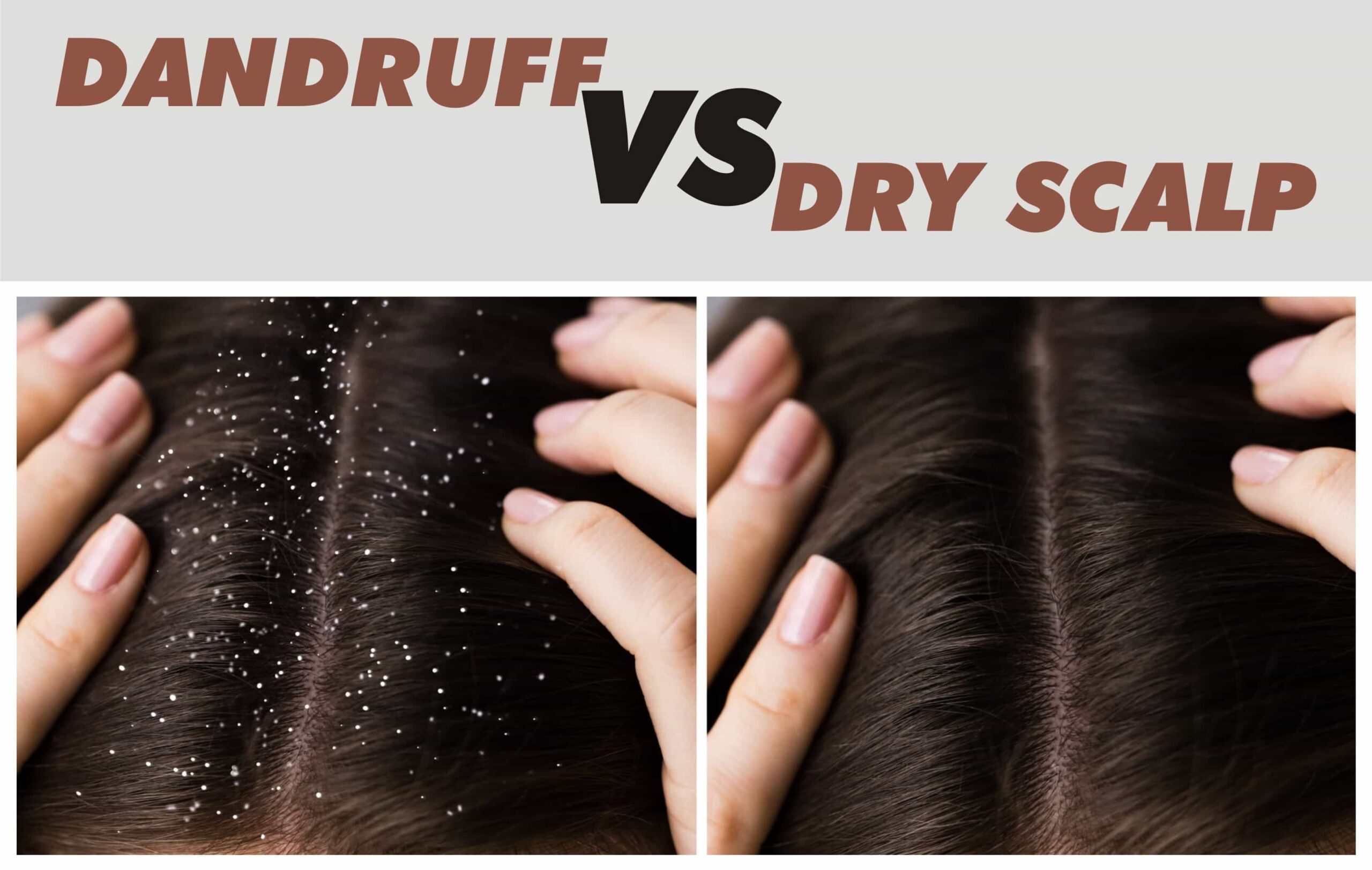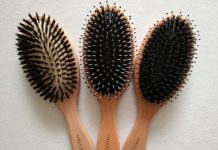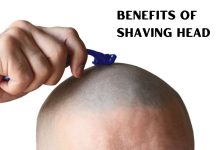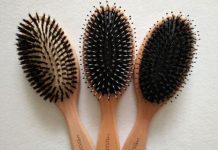Cracking the Code: Dry Scalp vs. Dandruff
When it comes to scalp issues, dryness and dandruff are often confused. In this comprehensive guide, we’ll delve into the world of dry scalp and dandruff, providing clarity on these common conditions and helping you understand the crucial differences between them.
Symptoms of Dry Scalp and Dandruff
Recognizing the Signs: Symptoms of Dry Scalp and Dandruff
Both dry scalp and dandruff can lead to an itchy, flaky scalp, but they have distinct telltale signs. In this section, we’ll explore the symptoms of these conditions, helping you pinpoint which one you might be dealing with.

Causes of Dry Scalp vs. Dandruff
Beneath the Surface: Unraveling the Causes of Scalp Issues
Understanding the root causes of dry scalp and dandruff is essential for effective management. We’ll take a deep dive into what triggers these conditions, shedding light on the factors that contribute to each.
Dry Scalp Treatment Options
Nurturing Your Scalp: Effective Solutions for Dry Scalp
A dry scalp can be uncomfortable, but there are several remedies and treatments available. In this section, we’ll explore various options for alleviating dry scalp and restoring your scalp’s health.
Dandruff Treatment Options
Battling the Flakes: Strategies for Effective Dandruff Treatment
Dandruff may seem persistent, but there are effective treatments to tackle this common issue. From specialized shampoos to natural remedies, we’ll guide you through the options for addressing dandruff and regaining a flake-free scalp.
How to Differentiate Between Dry Scalp and Dandruff
Deciphering the Difference: A Guide to Identifying Your Scalp Condition
Distinguishing between dry scalp and dandruff can be tricky, but it’s essential for choosing the right treatment. In this section, we’ll provide practical tips and insights to help you differentiate between the two conditions based on their unique characteristics.
Prevention Strategies
Shielding Your Scalp: Strategies for Preventing Dry Scalp and Dandruff
Prevention is often the best defense against scalp issues. In this section, we’ll share proactive strategies and practices to minimize the risk of both dry scalp and dandruff, allowing you to maintain a healthy and comfortable scalp.
When to Seek Professional Help
Beyond DIY: Recognizing When Professional Advice Is Needed
While many scalp issues can be managed at home, there are instances where seeking professional help is crucial. In this section, we’ll outline the red flags and situations that warrant a consultation with a healthcare provider or dermatologist.
Lifestyle and Hair Care Practices
The Holistic Approach: Lifestyle and Hair Care for Scalp Health
Your daily habits and hair care practices play a significant role in scalp health. In this section, we’ll explore how lifestyle choices, diet, and hair care routines can impact the condition of your scalp and offer tips for maintaining a healthy scalp.
Frequently Asked Questions (FAQs) About Dry Scalp and Dandruff
1. What is the primary difference between dry scalp and dandruff?
A dry scalp is characterized by itching and flaking due to a lack of moisture, while dandruff is caused by excess oil and results in white or yellowish flakes.
2. Can dry scalp and dandruff occur simultaneously?
Yes, it’s possible to have a combination of dry scalp and dandruff, which may require a tailored approach to treatment.
3. Are dry scalp and dandruff contagious?
No, neither dry scalp nor dandruff is contagious. They are scalp conditions, not infections.
4. How can I relieve the itching associated with a dry scalp?
You can relieve dry scalp itching by using a moisturizing shampoo, avoiding hot water when washing your hair, and incorporating a hydrating scalp treatment.
5. Is dandruff caused by poor hygiene?
No, dandruff is primarily caused by the overgrowth of a yeast-like fungus on the scalp, not by poor hygiene.
6. Can stress contribute to dry scalp or dandruff?
Yes, stress can exacerbate scalp issues, including dryness and dandruff. Stress management techniques may help.
7. Are there specific dietary changes that can improve scalp health?
A balanced diet rich in vitamins and minerals, especially zinc and B vitamins, can promote healthy scalp conditions.
8. Can I use home remedies to treat dry scalp and dandruff?
Yes, home remedies like coconut oil, tea tree oil, and aloe vera can be effective for managing these conditions. However, results may vary.
9. Should I stop using hair products if I have dandruff?
You don’t need to stop using hair products, but choosing dandruff-friendly shampoos and conditioners may help manage the condition better.
10. When should I seek professional help for my scalp issues?
If home treatments do not improve your condition, or if you experience severe symptoms, it’s advisable to consult a dermatologist or healthcare professional for guidance and evaluation.
Conclusion:
In conclusion, this guide has equipped you with the knowledge needed to understand, prevent, and manage both dry scalp and dandruff effectively. By following the tips, treatment options, and prevention strategies discussed, you can empower yourself to maintain a healthy and comfortable scalp.




